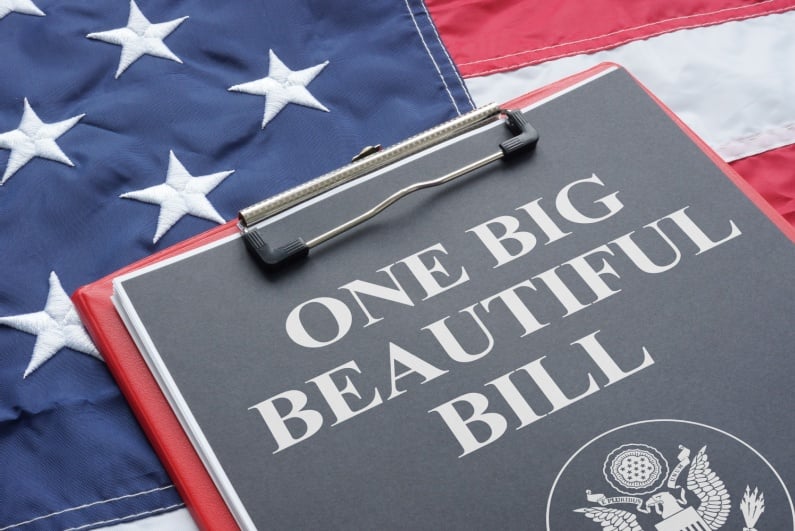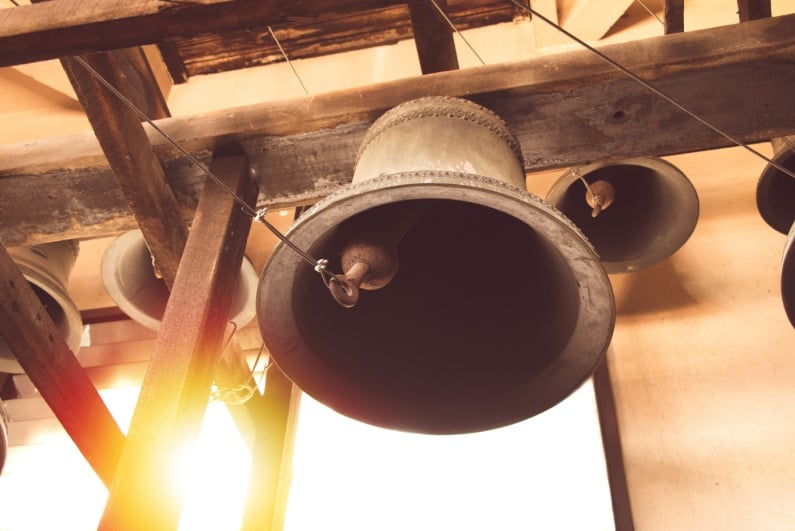Brazil’s outgoing president, Michel Temer, has signed his approval of a new law that legalizes sports betting. A potential market of 200m people has now opened up to operators to target.
The change in the law is potentially lucrative for both Brazil and the operators who will be applying for a license in the region.
Many attempts to legalize sports betting in recent years were shot down. But with Brazil needing some quick new methods to raise funds, this was a natural move. Operators will now be working hard and fast to be one of the first sportsbooks to capitalize on this new market.
Road to legalization
Expansion of the gambling laws was thrust back into center stage in Brazil in 2014, when there was extensive talk of legalizing casinos, as well as bringing in regulations for the online gambling space.
Initially, the draft sports betting bill was put forward during March 2018, but was quickly rejected. However, since then its backers have managed to rally and find a route to approval.
As the majority of people in Brazil own smartphones, it makes sense to offer online gambling. On 20 November, the Chamber of Deputies gave the green light to approve provisional measure 846/2018.
Only one person opposed the bill at that stage. In November, the bill also received the approval of the Senate, in large part thanks to the support of the new justice minister, Sergio Moro. While there were concerns about the President Temer’s willingness to give the final seal of approval due to his anti-gambling stance, the bill passed into law on 12 December.
Quick implementation
At the signing ceremony, the president was there along with the ministers for sports, culture, human rights and public security. Each of these departments will receiving some of the tax revenue deriving from sports betting.
Many people were caught by surprise as to how quickly the sports betting law went through. Everything was completed in just under four weeks, despite expectations that the process could drag long into 2019 as opposition parties were planning to oppose it.
There will now be a two-year period in which the Ministry of Finance can formulate new regulations for the sports betting space.
One of the key issues up for debate will be awarding sports betting licenses to operators. While the backers say that there will be a competitive market, the indications are that it’s likely a monopoly situation will form for the sector in Brazil.
Contents of the law
While much work will be done in the next couple of years on the actual regulations for sports betting, some points are already known.
For physical facilities offering sports betting, 80% of their handle must go back to the bettors. For those operating online sportsbooks, 89% of the handle must do so. This means that the odds for bettors are going to be competitive, while operators’ margins will be tight.
There will also be a government tax of 6% on live operator handles and 8% from the online operators.
There is also a controversial provision in place to give funds to the National Public Security Fund. This law proposes that 2.5% of the revenues from physical sportsbooks and 1% from online sportsbooks will go towards this fund. Many parties would like to see these funds distributed in a different manner.
A lucrative but regulated market
As there are 200 million potential customers in Brazil, most of whom have smartphones, this is a potentially lucrative market for operators, despite the strict requirements.
Brazil has always been a proud sporting nation that loves the entertainment that these activities bring to the table. It is the fifth biggest nation on the planet and there will be a lot of interest from overseas operators.
Sports bettors will be comfortable with the consumer protections that will be in place, so it’s likely we will see a lot of bets being placed.
The law will also be of great help to the Brazilian government as it will provide much-needed funds to help balance the budget.
Finally, many believe that this could be a stepping stone for further expansion of the country’s gambling laws. For example, the Las Vegas Sands group has been talking about making an investment of $8bn in a casino project in Rio de Janeiro if casinos become legal.




